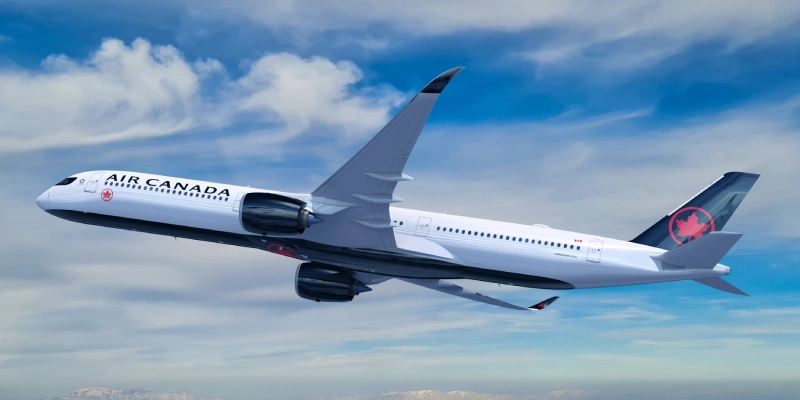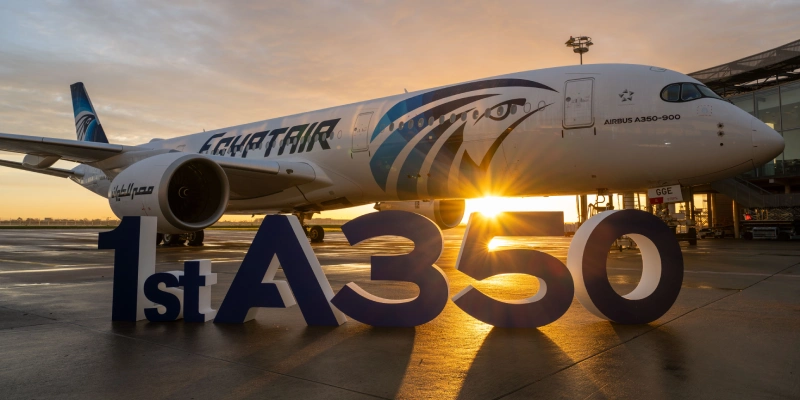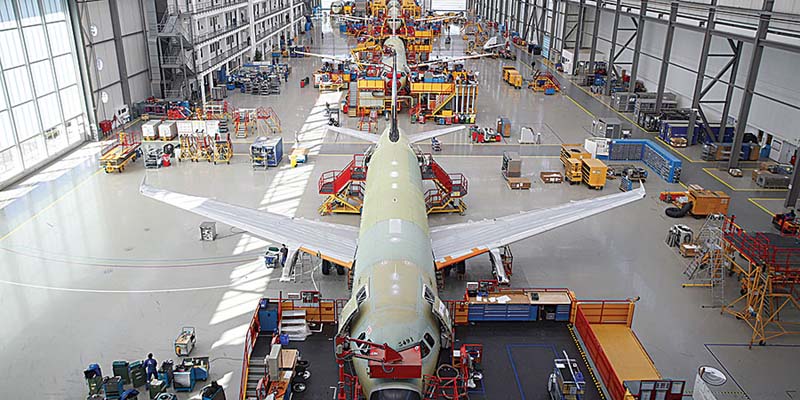Boeing is setting an ambitious target to advance the long-term sustainability of commercial aviation, committing that its commercial airplanes are capable and certified to fly on 100% sustainable aviation fuels by 2030. Boeing has previously conducted successful test flights replacing petroleum jet fuel with 100% sustainable fuels to address the urgent challenge of climate change.
See also: BBAM orders 6 Boeing 737-800BCF aircraft.
According to the Air Transport Action Group, U.S. Department of Energy and several other scientific studies, sustainable aviation fuels reduce CO2 emissions by up to 80% over the fuel’s life cycle with the potential to reach 100% in the future. Today, sustainable aviation fuels are mixed directly with conventional jet fuel up to a 50/50 blend — the maximum allowed under current fuel specifications.
See also: U.S. issues standard to facilitate development of civil supersonic aircraft.
In order to meet aviation’s commitment for reducing carbon emissions by 50% from 2005 levels by 2050, airplanes need the capability to fly on 100% sustainable aviation fuels well before 2050.
“Our industry and customers are committed to addressing climate change, and sustainable aviation fuels are the safest and most measurable solution to reduce aviation carbon emissions in the coming decades,” said Boeing Commercial Airplanes President and CEO Stan Deal.
“Sustainable aviation fuels are proven, used every day, and have the most immediate and greatest potential to reduce carbon emissions in the near and long term when we work together as an industry”, Chief Sustainability Officer Chris Raymond said.
Related Topics
Air Canada Confirms Order for Eight Airbus A350-1000s
EGYPTAIR Receives Its First Airbus A350-900
Airbus Starts 2026 with 19 Deliveries and 49 New Orders
Saudi Arabia Prepares Mega-Order: Boeing and Airbus Compete for Over 150 Aircraft for Saudia

Plataforma Informativa de Aviación Comercial con 13 años de trayectoria.




